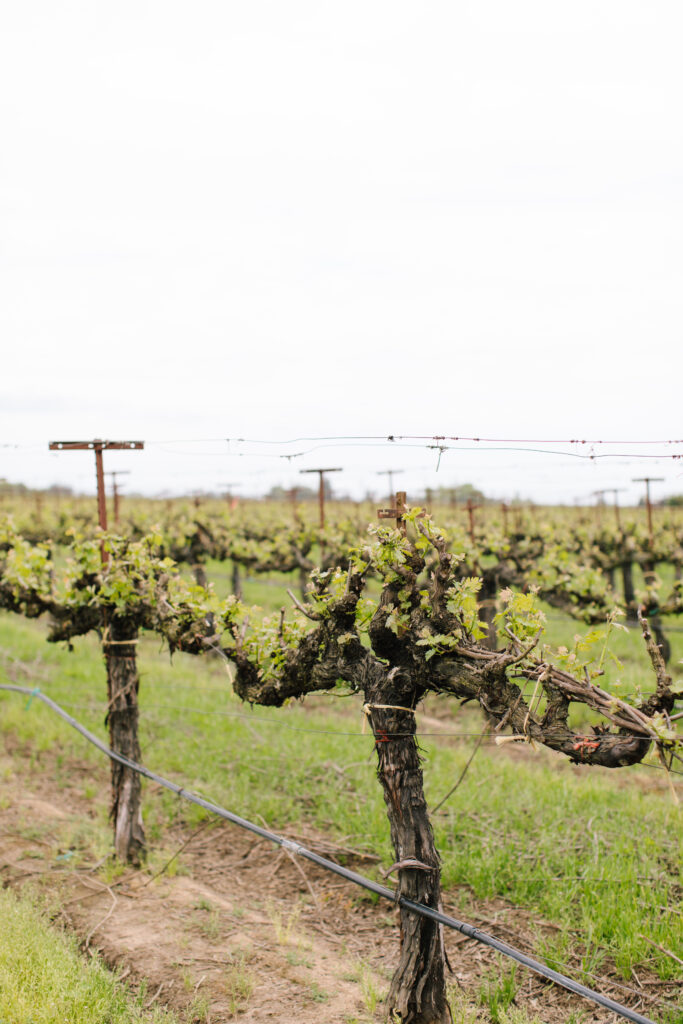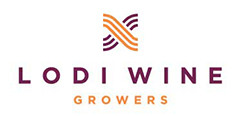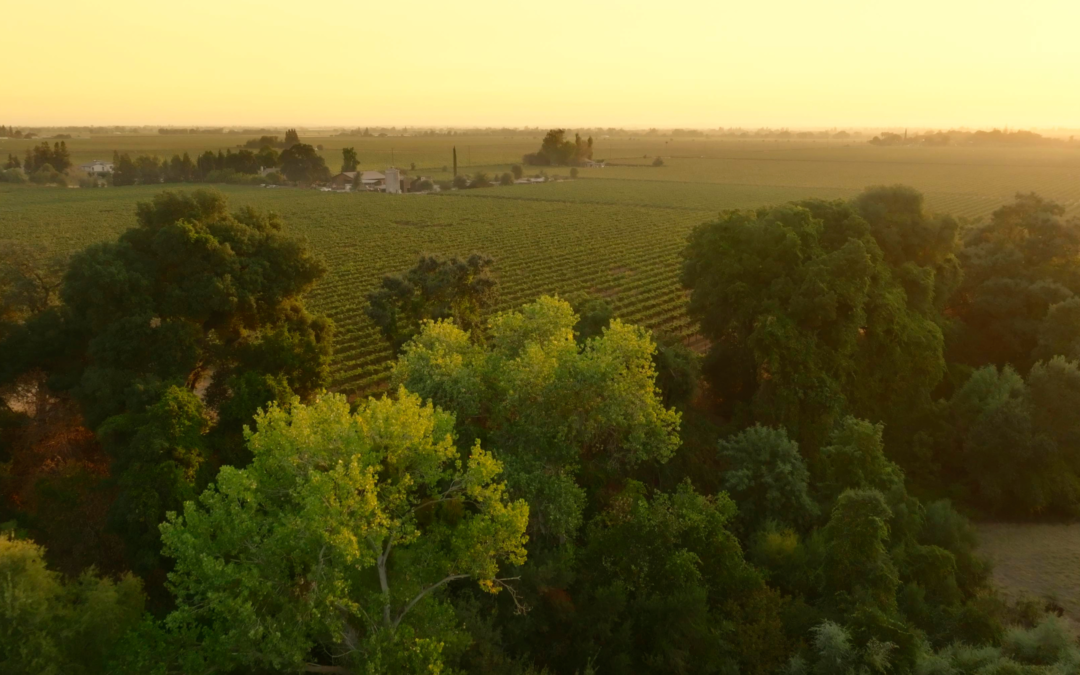TUESDAY, FEBRUARY 20, 2024. BY TAWNY MATA, PhD, CDFA.
As many of you are aware, California is facing revenue projections that are likely to result in less state funding for sustainable agriculture incentive programs. Luckily, at the same time, the federal government is making historic investments in sustainable agriculture through our partner, the USDA Natural Resources Conservation Service (NRCS).
 “We are excited to support California’s producers with a historic investment in on-farm conservation this Fiscal Year,” said NRCS California State Conservationist Carlos Suarez. “With the addition of the Inflation Reduction Act, we will be investing approximately 50 percent more federal funding to help producers address their unique resource concerns and help them achieve their stewardship goals.”
“We are excited to support California’s producers with a historic investment in on-farm conservation this Fiscal Year,” said NRCS California State Conservationist Carlos Suarez. “With the addition of the Inflation Reduction Act, we will be investing approximately 50 percent more federal funding to help producers address their unique resource concerns and help them achieve their stewardship goals.”
In particular, I would like to highlight the opportunities for funding through the Conservation Stewardship Program (CSP). CSP provides producers to earn payments for actively managing, maintaining, and expanding conservation activities integrated within their agricultural operations. CSP enhancements like cover crops, ecologically based pest management practices, and buffer strips help producers improve soil health while protecting water quality. Other CSP activities help sustain and increase pollinator and beneficial insect habitats in harmony with agriculture production on their land. Farmers may be able to use CSP to help fund pheromone mating disruption for the vine mealybug, which spreads leafroll virus, through IPM Code 595.
While NRCS accepts applications for this program year-round, interested applicants should apply by the first application cutoff period of March 22, 2024.
Application cutoff periods allow NRCS to screen and rank applications for those with the highest conservation benefits across California’s landscapes, including cropland, ranchlands, and private non-industrial forestlands. A second cutoff period may be scheduled in Spring 2024 as federal conservation funding is available. Special provisions are also available for historically underserved producers. NRCS sets aside CSP funds for historically underserved producers. To find out more about our application process or to begin an application, please contact your local NRCS Service Center by visiting their website.
CSP Contracts
The program represents a genuine commitment to conservation – CSP contracts are for five years, with the opportunity to compete for a contract renewal if you successfully fulfill the initial contract and agree to achieve additional conservation objectives. An NRCS conservation planner will work closely with you, throughout the entire contract process.
Contract payments are based on two components:
- Payments to maintain the existing level of conservation, based on the land uses included in the contract and an NRCS assessment of existing stewardship at the time of enrollment, and
- Payments to implement additional conservation activities.
Most participants will be eligible for a $4000 minimum payment during any year that their total annual contract payment falls below the minimum payment amount.
California is the biggest agricultural producer in the United States, and we must keep making progress on the state’s sustainability goals, even in the face of a challenging state budget. We will make a bigger effort to highlight federal and private funding opportunities and I hope you will consider applying to these programs.
Have something interesting to say? Consider writing a guest blog article!
To subscribe to the Coffee Shop Blog, send an email to stephanie@lodiwine.com with the subject “blog subscribe.”
To join the Lodi Growers email list, send an email to stephanie@lodiwine.com with the subject “grower email subscribe.”
To receive Lodi Grower news and event promotions by mail, send your contact information to stephanie@lodiwine.com or call 209.367.4727.
For more information on the wines of Lodi, visit the Lodi Winegrape Commission’s consumer website, lodiwine.com.
For more information on the LODI RULES Sustainable Winegrowing Program, visit lodigrowers.com/standards or lodirules.org.


